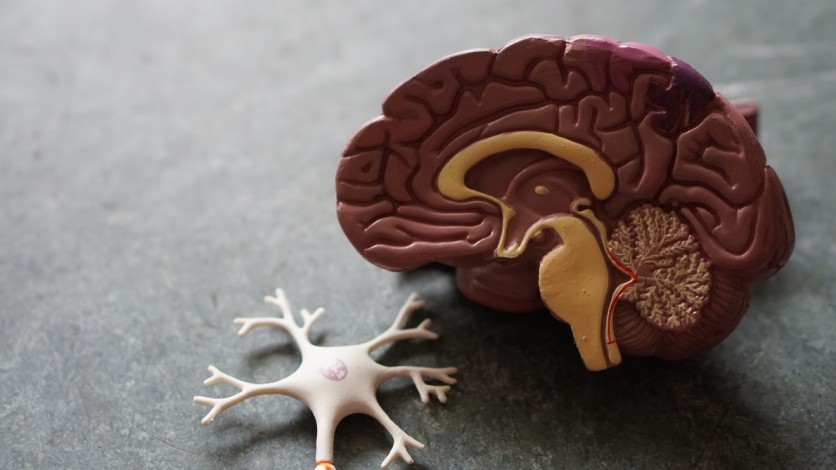
Designed to be a simple and easy test to identify the early signs of dementia, a new app has been paired with an AI that uses algorithms that can learn and adapt by itself.
The AI automatically detects if a person has either poor visual recognition skills, or a alower than normal reactions based on the test results.
How Does The App Fair?
It's a straightforward test that everyone can use as it only uses images and little movement and over just a minute.
Basically, the app uses split-second images of animals and other things.
Volunteers said that the test seems "fun" but has serious motives, as reported by the BBC.
Dr. Thomas Sawyer is part of the firm that developed the app as well as chief operating officer of Cognitivity Neurosciences says: "It's a kind of early warning system for cognitive impairment ... The tool solves a global problem. Early impairment is just not detected."
Dr. Sawyer continued by saying, "This could have a huge impact on outcomes for patients, and healthcare systems because late diagnosis costs trillions of dollars every year in global healthcare."
Read More : AI, Nanotechnology May Help Solve World Hunger via 'Precision Agriculture,' Thanks to Research
How Would It Work For The Public?
As the health app is being released, anyone who wants or is curious to test can visit their doctor. A digital red flag would then bring you to an in-person specialist consultation regarding the matter.
Changes in your lifestyle will be implemented and that could lead to potentially delaying dementia for years; possibly prolonging an individual's health.
Digital diagnostic tools that use AI are popping up left and right to help combat all kinds of health conditions that humans are susceptible to. Tools such as analyzing brain scans of acute stroke patients or pattern-recognition technology can assist the detection of cancers for the unaware.
With the help of AI geared towards human health, it can lead to medical breakthroughs for drugs and treatments.
AI Aids Health
AI software now can rapidly sift through a library of medical records.
Robert Wachter, professor of medicine at the University of California, San Francisco said, "Taking in data... an enormous amount of [research] could theoretically be done more accurately, with better information, prognosis and recommendation, by AI."
The UK's National Health Service has a large library of diverse datasets that can be used strategically to benefit from the use of AI for a healthcare boom.
"If you combine a very large, very diverse population, with the ability to take data from all over the system and computerize it and make sense of it, I can't see any place that has an advantage over the NHS in doing that," says Wachter.
However, it seems that there might still be a push back from the Labour Party as they fear that it may commercialize the data and use it for profit instead. The NHS announced earlier this year that they plan on creating a centralized NHS digital database of all GP records in England.
Read More : Paralyzed Man is Able to Speak Thanks to Speech Neuroprosthetic Which Decodes Brain Waves
This article is owned by Tech Times
Written by Alec G.
ⓒ 2025 TECHTIMES.com All rights reserved. Do not reproduce without permission.




